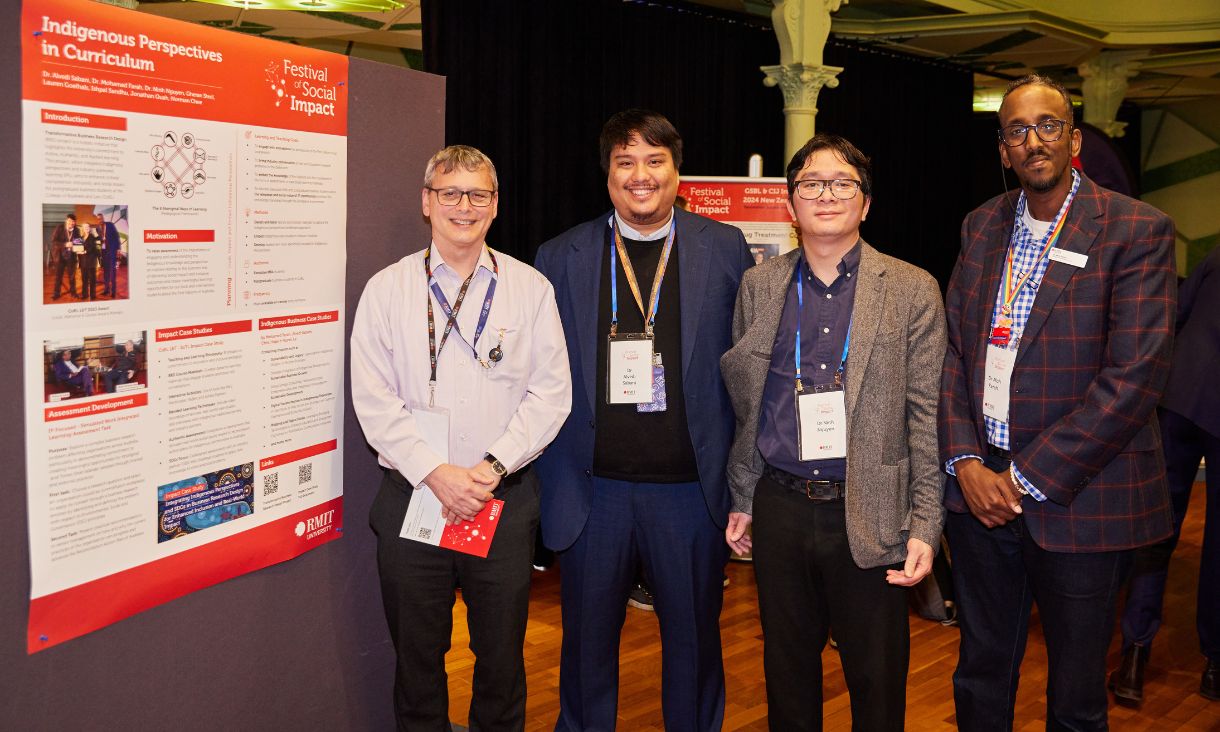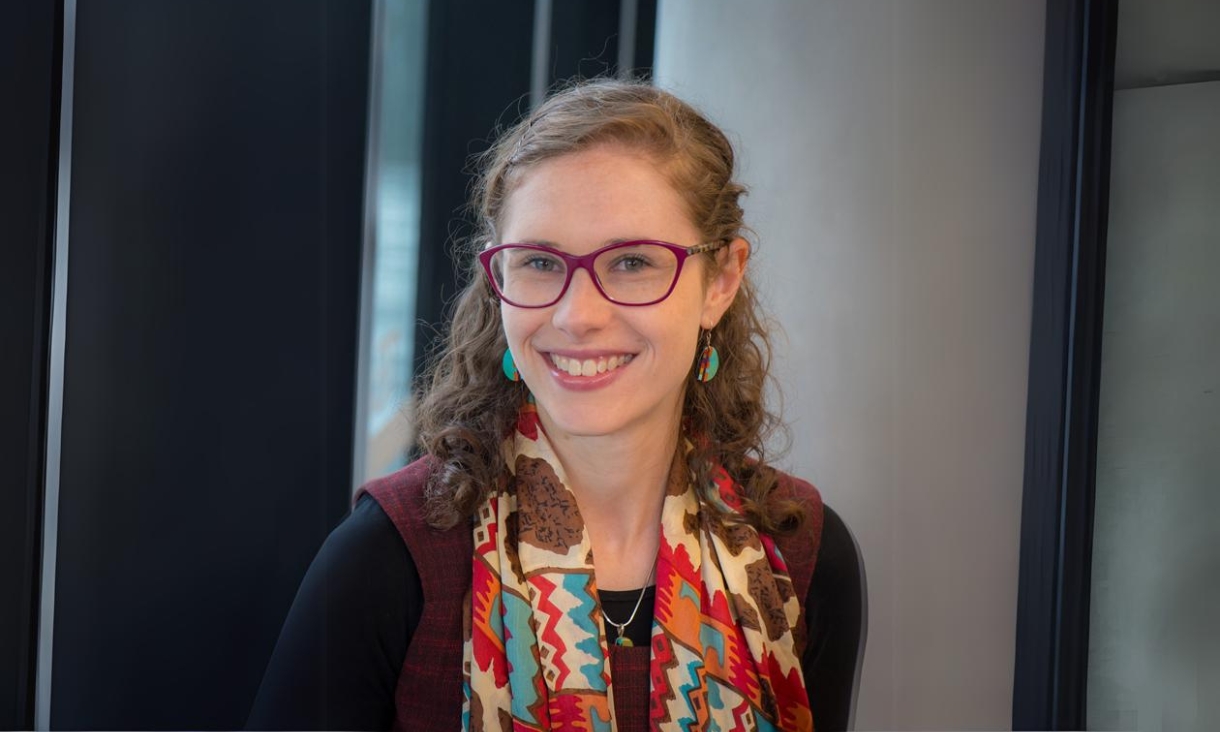Why open scholarship?
When COVID-19 closed global borders, a coordinated response to the COVID-19 epidemic was initiated globally by scientists in a focused and coordinated manner to share openly viral genome sequences and studies in open repositories that are usually restricted to pay-wall journal articles.
As stated in (WHO 2022:11) “The UN Research Roadmap for the COVID-19 Recovery has provided a global framework for leveraging the power of research in support of a better socioeconomic recovery and a more equitable, resilient and sustainable future.”
The COVID-19 pandemic clearly demonstrated the immense societal value of opening research, whilst ensuring the values of research verification, reproducibility, and transparency where front and centre in the rapid response to vaccine development.
RMIT's research integrity principles, in particular those of honesty, rigor, transparency, fairness, respect, and accountability, align with the UN Sustainability Development Goals (SDGs) - in particular the importance of openly available research publications and data.
- Goal 16, Target 10 Aims to ensure access to information, including published research made available via Open Access ("Ensure public access to information and protect fundamental freedoms, in accordance with national legislation and international agreements”)
- UNESCO open access to research UNESCO supports and promotes "the benefit of global knowledge flow, innovation, and socio-economic development", and "...believes that OA has a fundamental role to support the SDGs...".
Our open scholarship policy is committed to the impact of open and responsible dissemination of publicly funded research output, aligning with the UN SDG’s impact factors in addressing societal, economic and environmental needs. Providing open access to RMIT research can lead to increased research visibility and impact.
Making research publications more widely available is an increasingly important aspect of the research landscape, especially as funding bodies like ARC and NHMRC require researchers to make their research open as a condition of grant funding. RMIT’s open access Research Repository is key in helping us achieve this goal.
The concept of open education is a core strand of the broader open scholarship ecosystem, driven by a movement of educators who seek to promote the implementation of open policies, practices, and resources in education.
RMIT's Education Plan to 2025, Learning through Life and Work, sets out an intention to support lifelong learning and embed a signature pedagogy that details an approach to learning and assessment that is active, authentic and applied.
Open pedagogy is an innovative signature pedagogy that enables students to become co-creators in their learning and active partners in the learning process.
It’s the practice of engaging with students as creators of information rather than simply consumers of it. Open pedagogy is a form of experiential learning in which students demonstrate understanding through the act of creating content. (University of Texas, Arlington Libraries)
RMIT's Inclusion, Diversity, Equity and Access (IDEA) framework and open pedagogy go hand in hand removing barriers to learning and creating equity of access to the resources students need for their learning. Coupled with our Education Plan, open pedagogy can lead to greater student engagement their learning where students become creators of knowledge, not just consumers.
A priority action of the IDEA framework is "education and research that demonstrate best practice in inclusion, diversity, equity and access."
The diversity of our leaners is an important factor in how we deliver our education. Our learners have rich cultural histories and narratives many of our traditional learning resources are Euro-centric or contain Western-centric views.
Open education enables the diversifying of learning resources where unbiased and respectful representation of genders, races, cultures, ethnic backgrounds, disabilities, nationalities, sexual orientations, socio-economic statuses and diverse viewpoints ensure students recognise themselves and their life experiences as part of their learning journey - a sense of inclusion and belonging.
Conclusion
So, affirming open scholarly practices in education as a model of innovative pedagogy enhances the quality of the student experience and reflects the principles of equity, inclusion, and social justice.
RMIT’s open scholarship policy and procedures provide a clear pathway to achieving the goals of the IDEA framework and supporting the signature pedagogy detailed within the Education Plan.
Further, the Australian Universities Accord process currently underway is triggering conversations about the future of the higher education system. Through the interim report, it’s clear that several key areas will be important in ensuring tertiary education and research is set up to meet Australia’s future needs.
Equity in participation, access and opportunity, serving our communities have been identified within the interim report and will be in part enabled by embracing the principles of open scholarship.







